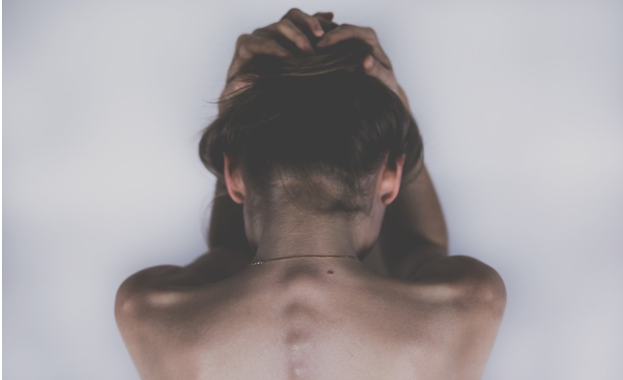We all experience certain situations that give us a headache that leads to dizziness. It is a different case when we say that we experience it along with the imbalance or the lack of coordination in our body which causes balance problems (read more). If that happens it is usually recommended to ask for a physician’s help as it may be a serious condition. There are a lot of factors that may trigger these symptoms and disorders that need urgent therapy or rehabilitation.
When we talk about physical therapy it is more on aiding the body and making it sure that it goes back to its normal state. People who need therapy usually experience trauma that causes their body to not function properly the way it is. While some, have other health concerns and conditions that affect their daily lives that also need immediate rehabilitation.
What You Need to Know About Vestibular Therapy
Therapies are performed accordingly depending on what condition you have, it aims to improve your well being and help you recover. Vestibular therapy, like the type of service that facilities such as Liberty Physical Therapy offers, is focused on treating people with vestibular cases or problems or the inner ear and balance conditions. According to published researches, the disorder itself can damage a personal view of life and can also result in emotional problems or stress. That is why therapies are helpful to alleviate these effects and help them cope with their daily lives. This treatment involves exercise and physical coordination program. That helps regain a person’s sense of balance and posture.
Different types of exercise can be done in order to compensate for any damage to one’s body. Before anything else, there are several procedures and tests for a person to know what specific exercise should be highlighted. How many times it should perform and on what intensity it can handle. To know what kind of balance problem that you have there are given tests recommended by professionals for you to try. To name a few these are hearing, posturography, electronystagmography or video nystagmography, rotary chair, imaging, and blood pressure and heart rate tests. The suggested tests will determine to what extent is your balance problems.
After that, vestibular therapy will take place in which there are three common types of prescribed exercises. They are all pre-determine and classified according to the health issues that you have. These are habituation, gaze stabilization, and balance training exercises. This helps promotes the wellness and active physical activity of the patients. Habituation is more about providing exercise that is suited for people who claim to experience extreme dizziness when they move around or look up something above them.
Also, they become more intrigued by moving objects and patterned surfaces. Thus this exercise reduces it and exposes them to more head and motion stimuli to become immune and familiar. The gaze stabilization is an exercise that is focused on vision or your eyes as it is about gazing. It helps you control your eye movement when you are moving while identifying the things in your surroundings. Lastly, the balance training aims to provide stability and correct postural balance which you need especially when you are suffering from a vestibular disorder. Read more about it here: https://vestibular.org/understanding-vestibular-disorder/treatment.
Who Needs Vestibular Therapy?
As I have mentioned this kind of therapy is suited for people who have vestibular problems or disorders. This means they have no sense of balance and eye control movement as they lack enough sensory information. There are also many reasons why they need it. For example, it could possibly because of head trauma, an accident, declining age or simply genetics. They are mostly the patients of this kind of therapy.
While some have other concerns such as specific conditions namely: benign paroxysmal positional vertigo (BPPV), Ménière’s disease, and labyrinthitis or vestibular neuritis which are far from half from all those disorders. A person who has BPPV or known as vertigo experience a false spinning head movement due to the ear rocks that have been shifted.
There is no known prevention in these cases yet. But they are being studied by professionals to improve the healthcare services as well as provide the proper medication. For now, therapies are the solution to these growing conditions as it has an amazing result in patients.







Great content, very important subject and this therapy helps a lot to improve the sensory senses. I really liked congratulations.
Great article Sonal!
I totally agree with you. There is no known proper prevention method for vestibular problems but such therapies can really be very helpful. This is a good read! The article is very useful to me as well as others.
Thank you!
Mollie Rhodes recently posted…Health Benefits of Having Amla (Indian Gooseberry) in the Winters